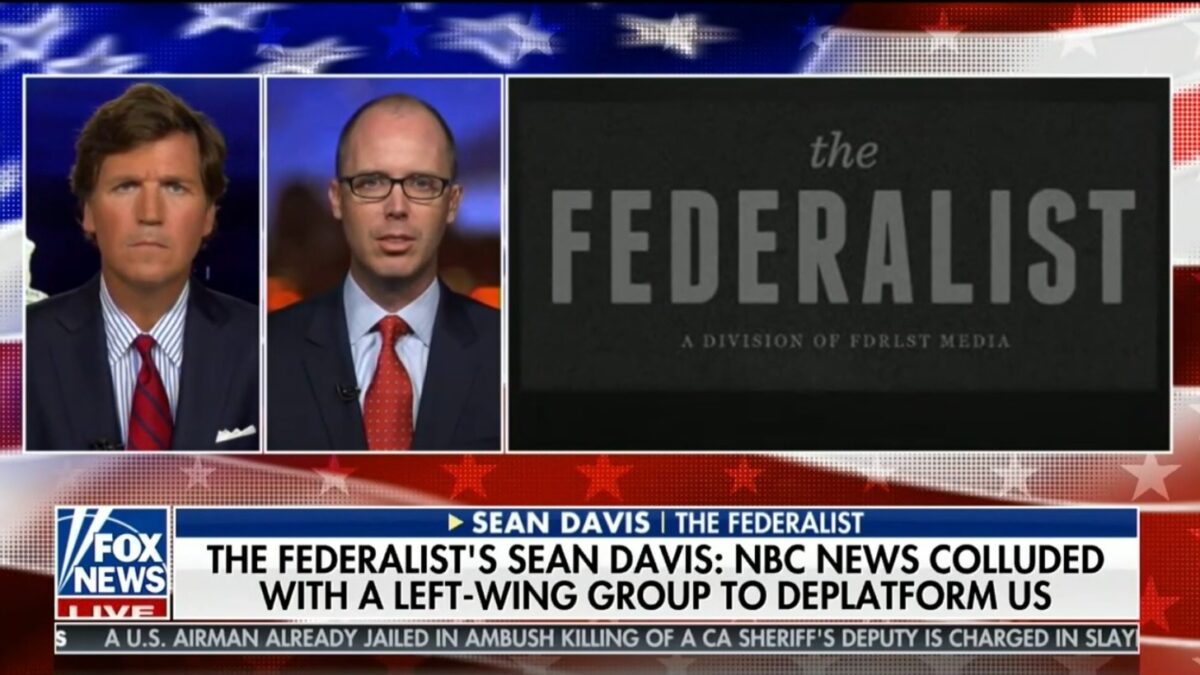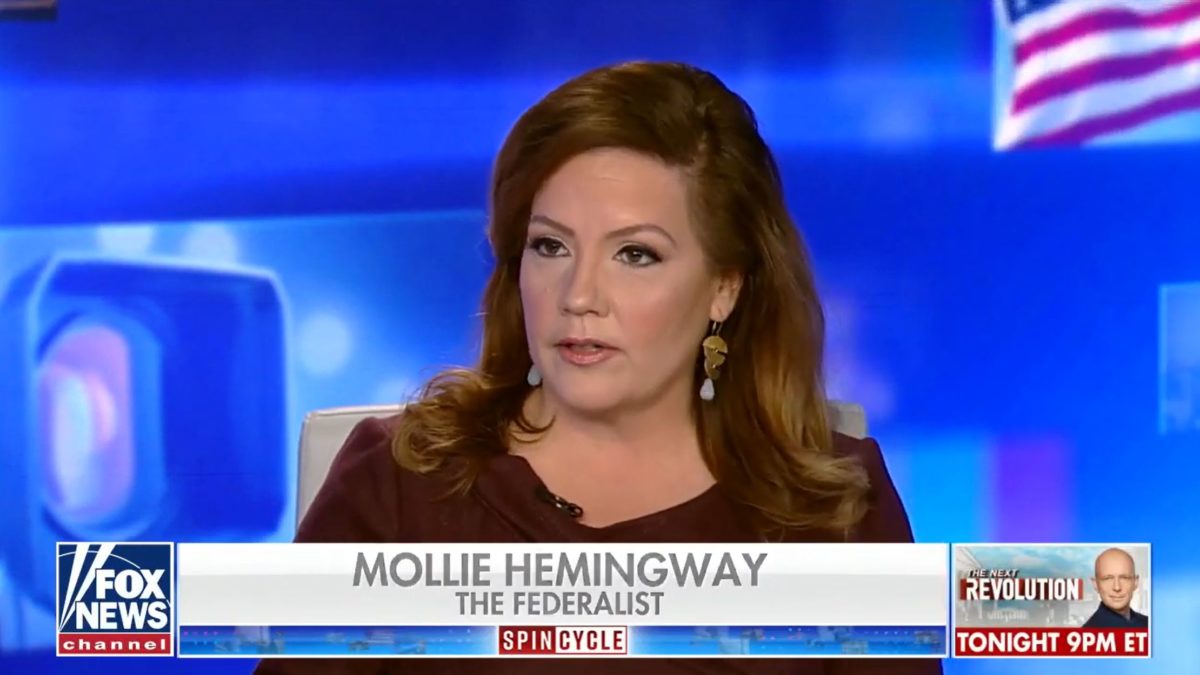
The opening ceremony of each Olympics is a revealing window into the character and aspirations of the host country. China’s 2008 bigger, louder, longer spectacular left little of her hegemonic ambitions to the imagination; Britain’s 2012 descent into self-parody–from Shakespeare and Churchill to dancing nurses on government hospital beds and fake action heroes parachuting with figurehead monarchs–testified equally well to her flaccid quiescence. We can expect something along the Chinese line from Russia in a couple of weeks, but suppose Chicago had been successful in its bid to host the 2016 summer games. What would an opening ceremony in President Obama’s America (and hometown) look like?
Probably all too much like the British–another glimpse of the sun setting in the West: An opening dance number featuring Julia leading Pajama Boy around a cheery Organizing for Action office; an alternative lifestyles choir singing “We Are the World”; a video tribute to historic woman chiefs of state set to a mashup of Fleetwood Mac hits (ready for Hillary?); and, of course, a speech by the president himself as the better-than-fireworks grand finale–teleprompter, Greek columns, and all.
“Where have you gone, Joe DiMaggio? Our nation turns its lonely eyes to you.”
That the American regime, and American political culture with it, has changed is without question. But for those who yearn to recover some of the better aspects of the regime and culture that has passed us by, the question is: how?
Alexander Hamilton, perhaps more than the other founders, appreciated the many non-legal factors that shape a people’s political life, including especially their customs and affections. Hamilton, for example, argued in Federalist 27 that the American people would become more attached to the national government as they had more direct connection with it under the Constitution–that it was not so much the change in the law as the change in their experience that would reconcile them to necessary federal authority.
Alexis de Tocqueville elaborated on this point two generations later in arguing that mores–the “habits of the heart” as he put it in Democracy in America–are, in fact, more important than laws in defining national character.
If Hamilton and de Tocqueville are right, then Americans seeking a political reformation in the United States would do well to focus on rebuilding a culture of responsible self-government– recognizing that fundamental changes in the law will follow, more often than lead, the affections of the American people.
What might that look like? Below we suggest some possibilities, but before we think about how to cultivate the habits of a free people, we need to reflect at least briefly on our present ones: we cannot travel to another place if we don’t know where we are and how we got here. While it would be impossible to catalog in a detailed manner the specific habits of 320,000,000 Americans, it is possible and helpful to sketch the broad dimensions of American political culture at the beginning of the 21st century.
When carried to term, Americans make their way in life with different natural aptitudes and under varying environmental circumstances, given the host of moral, familial, economic, and educational particulars involved. The transformation of the American regime from the Founding to the present day has brought with it a change in our habits in each of these areas of our lives.
Our moral impulse has shifted in part from an obligation to God (and thus to one another as an outgrowth of our love for God) to an obligation to seek social justice, as we define it, in resistance to the arbitrary decrees of an unfair universe. The encouragement to exercise personal choice has transformed the family in part into a hub that functions to make individual choice limitless (including the choice to leave the family behind) rather than existing as a permanent, irrevocable, and necessary association that satisfies the human longing for completion. We’ve too often embraced the economic idea that there would be more than enough to go around if free markets weren’t free, while winking at an off-the-books corporatism that bites the entrepreneurial hand that once fed American productivity. Our K-12 and higher educational systems are a continuing exercise in worshiping these new religious, family, and economic idols.
That these changes have done the most harm to the weakest among us–those who can least afford the consequences of bad ideas–is the American tragedy of the last fifty years. The American tragedy of the next fifty years may be the near universalization of the underclass experience as these ideas take deeper root and their consequences multiply.
As those who make New Year’s resolutions to run a half-marathon do not begin their training regimens by setting out on six-mile runs on January 1, reformers of the American political community would do well to encourage Americans through their reforms to get in the practice of exercising the habits of a free people in an accessible, demonstrable, and contagious manner. Proposals like these (among many)–all relatively modest and measured steps authored by conservative political leaders or think tanks–would help move us in the right direction.
- Remove unnecessary barriers to adoption by protecting the rights of conscience of faith-based adoption agencies. (The Heritage Foundation)
- Institutionalize the Medicaid waiver process to allow more market driven alternatives like former Governor Mitch Daniels’s Healthy Indiana Plan.
- End the Federal Government’s stranglehold on the housing financing industry. (Representative Jeb Hensarling)
- Open up room for alternative forms of higher education by allowing federal financial aid to go to programs accredited by the states (not just regional accrediting agencies). (Senator Mike Lee)
- Encourage experimentation and competition in poverty relief by block granting federal anti-poverty funds to the states. (Senator Marco Rubio)
- Increase regulatory accountability and transparency by requiring congressional approval for any rule with an annual economic impact of $100 million or more. (Senator Rand Paul)
Each of these proposals involves a relatively small action by the federal government that opens up room for all sorts of creative and unpredictable actions by states, private groups, and individuals. They all empower–not only by limiting legal restraints, but by communicating that the American regime, at least in some areas, is willing once again to treat the American people like responsible adults. A political platform filled with such proposals would answer critics of do-nothingism in the 2014 elections and beyond while promoting the culture of self-government we so desperately need.
We understand well the desire of many to add additional protections for liberty to the Constitution and admire the manifold efforts of conservatives and libertarians to restore constitutional republicanism to the United States. We believe that the best starting point for such a project reaches beneath the Constitution to the mores that shape our interaction with it. An American people re-habituated to responsible self-government would want a modest federal government with or without strict constitutional limitations–and, as our recent experience shows, an American people too easily reconciled to dependency and bureaucratic administration will ignore those limitations (new or old) and support political leaders who do the same.
David Corbin is a Professor of Politics and Matthew Parks an Assistant Professor of Politics at The King’s College, New York City. They are co-authors of “Keeping Our Republic: Principles for a Political Reformation” (2011). You can follow their work on Twitter orFacebook.









